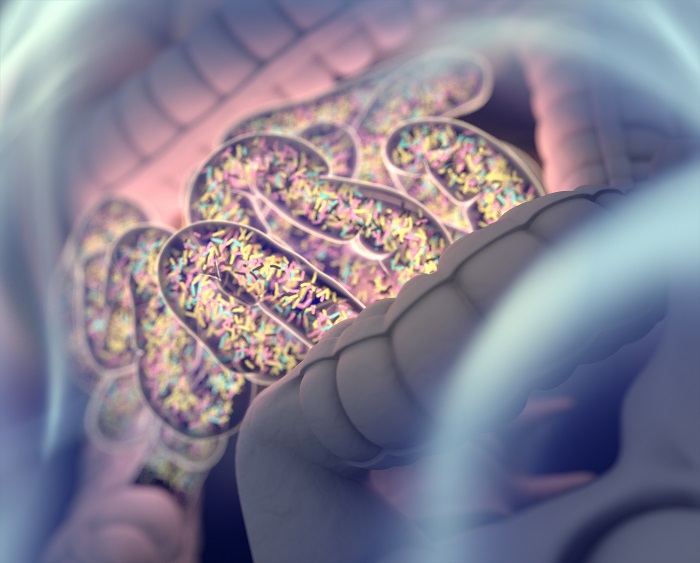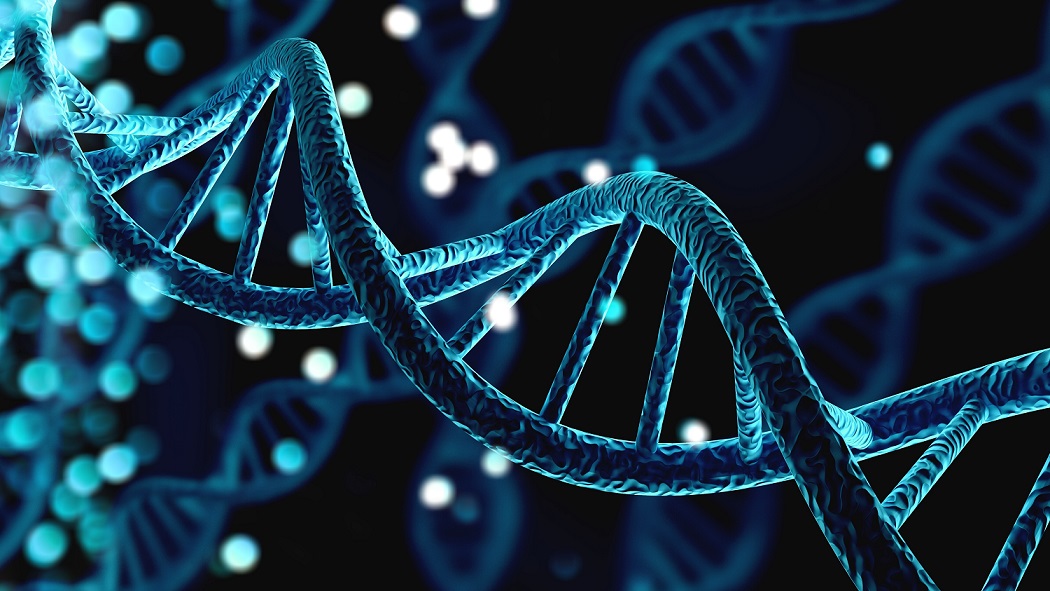Therapeutics
The microbiome is the collection of microbes and their genomes in a particular environment. The presence or absence of certain microbial communities in the body has been implicated in a variety of human health conditions including metabolic, gastrointestinal, cancer, infectious disease and central nervous system disorders. Extensive research in this field has been possible to a large extent due to rapid development in high-throughput genomic analysis of microbial communities leading to mechanistic understanding of the microbiome’s involvement in human health. In Chang lab, we aim to elucidate the associations between microbes and their host, and develop novel therapeutic modalities that can rewire host–microbiome interactions such as host metabolism and immunity for prevention and treatment of various diseases.
Cell-based
Cell-based Therapeutics

Our research aims to engineer microbial cells as live biotherapeutic products to exert targeted therapeutic efficacy against pathogenic infections, cancers and metabolic disorders. We design novel synthetic genetic circuits to reprogram commensal and probiotic microbial cells with capabilities to sense and reverse disrupted physiological functions associated with diseases in a highly precise manner. The efficacy of our live biotherapeutics is evaluated in relevant in vivo preclinical models, supporting the translation of benchwork to clinic. We envision that our live biotherapeutics will modulate disease microenvironments bringing about beneficial effects on the host.
Bioproduction
Bioproduction of Therapeutics – Biologics
Biologics are a broad range of complex biomolecules that are produced in living systems such as microorganisms, plants or mammalian cells, often through recombinant DNA technology. Chinese hamster ovary (CHO) cells are the most widely used mammalian cell lines for therapeutic recombinant proteins production. However, tedious process and suboptimal productivity limit the wide application of CHO-mediated bioproduction.
In Chang lab, we engineer CHO cells to develop reliable and improved expression system for biologics production using state-of-the-art genome editing technology and synthetic gene circuits. We have developed CHO cell lines that improve site-specific integration and a non-antibiotic based selection system that facilitates efficient stable cell line generation. With such platform CHO cell lines, we aim to develop various genome editing technologies and downstream industrial and research applications.

